Alopecia areata is a disease that affects hair follicles. These are areas on the skin that give hair growth. It is a very common medical problem since it affects more than 50% of men and 30% of women throughout their lives. It is a disease that can greatly affect the quality of life of patients who suffer from it, so it should not be considered a merely aesthetic pathology and should receive the same medical importance as other types of diseases.
Historically, female hair has always been closely related to femininity. Society has imposed that women must have a certain image, be not only pretty but also feminine, for example, having long hair. But some women have been hairless since childhood—many more than we imagine. The vast majority wear a wig because the stigma of not having hair is too hard for almost all of them, although they do not feel comfortable wearing them every day. Unfortunately, being a woman and being bald is a great taboo in our society. If the men have shaved heads, no one looks at them strangely; it's normal, but they think a woman without hair is sick; they don't accept her and even criticize her for her appearance. That is why in the case of women, alopecia affects a lot psychologically and lowers self-esteem.
Breaking down the stigma
Fortunately, many fashion brands have supported women with Alopecia and increased awareness about it in recent years. For example, the #AlopeciaIsFashion movement, founded by the Hair Heals Organization and the Liverpool Urban Hair Show, pushes to make Alopecia more visible and more accepted in fashion and give models with hair loss a platform.
Rachel Fleit, co-founder and chief creative officer of the high-end fashion brand Honor, spoke publicly about her journey with Alopecia Universalis and shared how she is finally coming to live on her terms with the condition.
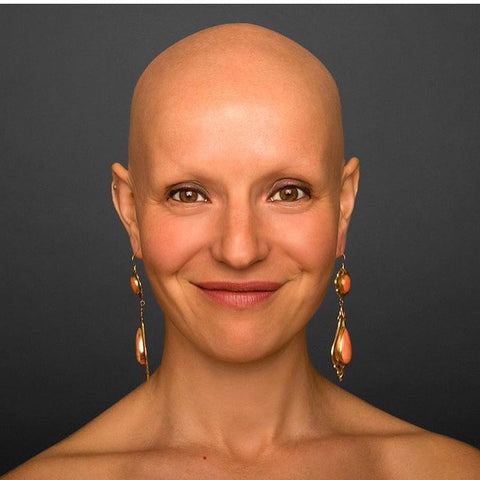
Shannon Cutler has been living with a secret for most of her life. Cutler hid her alopecia with wigs, hair bands, and extensions for years. She never told her co-workers for 15 years. But that all changed in 2021 when she posed for a fashion shoot without her wig on.

Jada Pinkett Smith first opened up about her alopecia diagnosis in 2018 and even shared evidence of her own hair loss journey in an Instagram post from late 2021. The actress confessed it “was terrifying” to deal with when it first started. But over time, she accepted the condition. In her post, she went on to add that she had plans to take her hairstyle “down to the scalp” because of the loss but stayed positive and totally on-brand throughout, naturally: “Me and this alopecia are going to be friends … period!

Her alopecia became the reason for the recent conflict between Will Smith and Chris Rock. While presenting the Oscars 2022 for Best Documentary Feature, Chris Rock made a joke about Jada Pinkett Smith's hair, which her husband Will Smith did not appreciate. He approached Rock onstage and slapped him across the face.
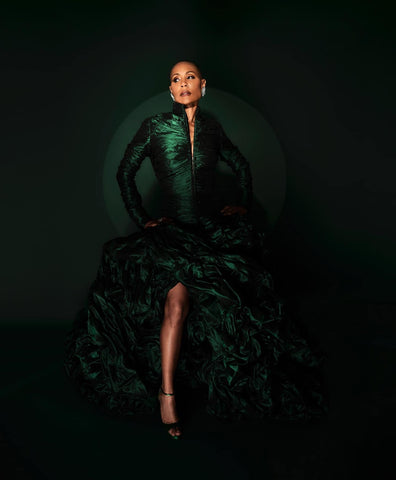
Alopecia advocates, and those with the condition, took to social media following the incident, with one awareness group, The Bald Girls Do Lunch, tweeting: "Jokes about @jadapsmith or any woman with #alopecia #alopeciaareata is never ok. Period."
We consider that bold women are just as beautiful as women with long hair. Legendary singer and gorgeous woman Sinead O’Connor set the trend when she shaved her head and proved that bald really can be beautiful and sexy!


The fashion industry should keep supporting women with alopecia and remind society that every woman is beautiful.
Mystic J stands for and supports women with Alopecia or any other condition. We are all different, and that is what makes us beautiful!


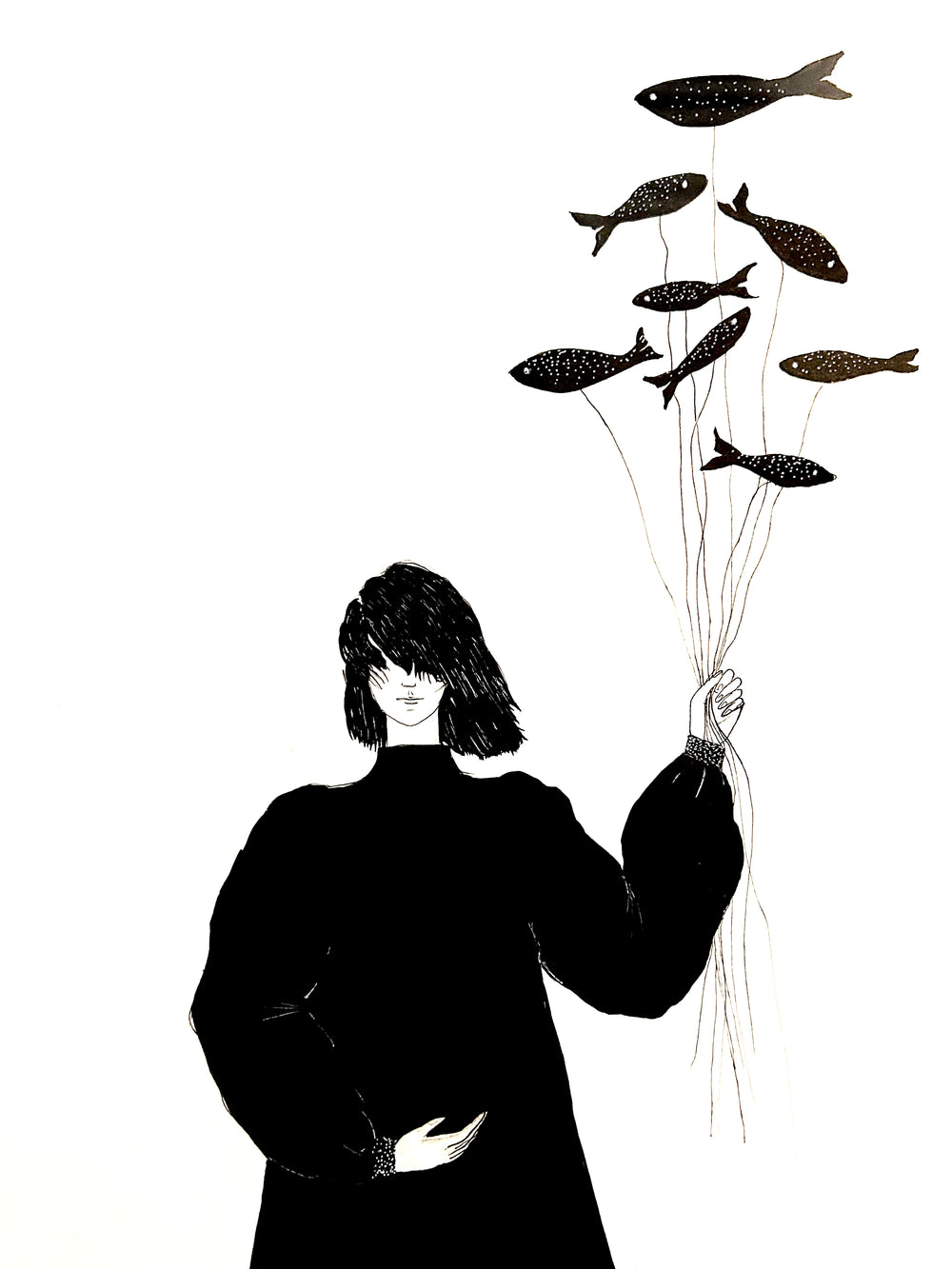
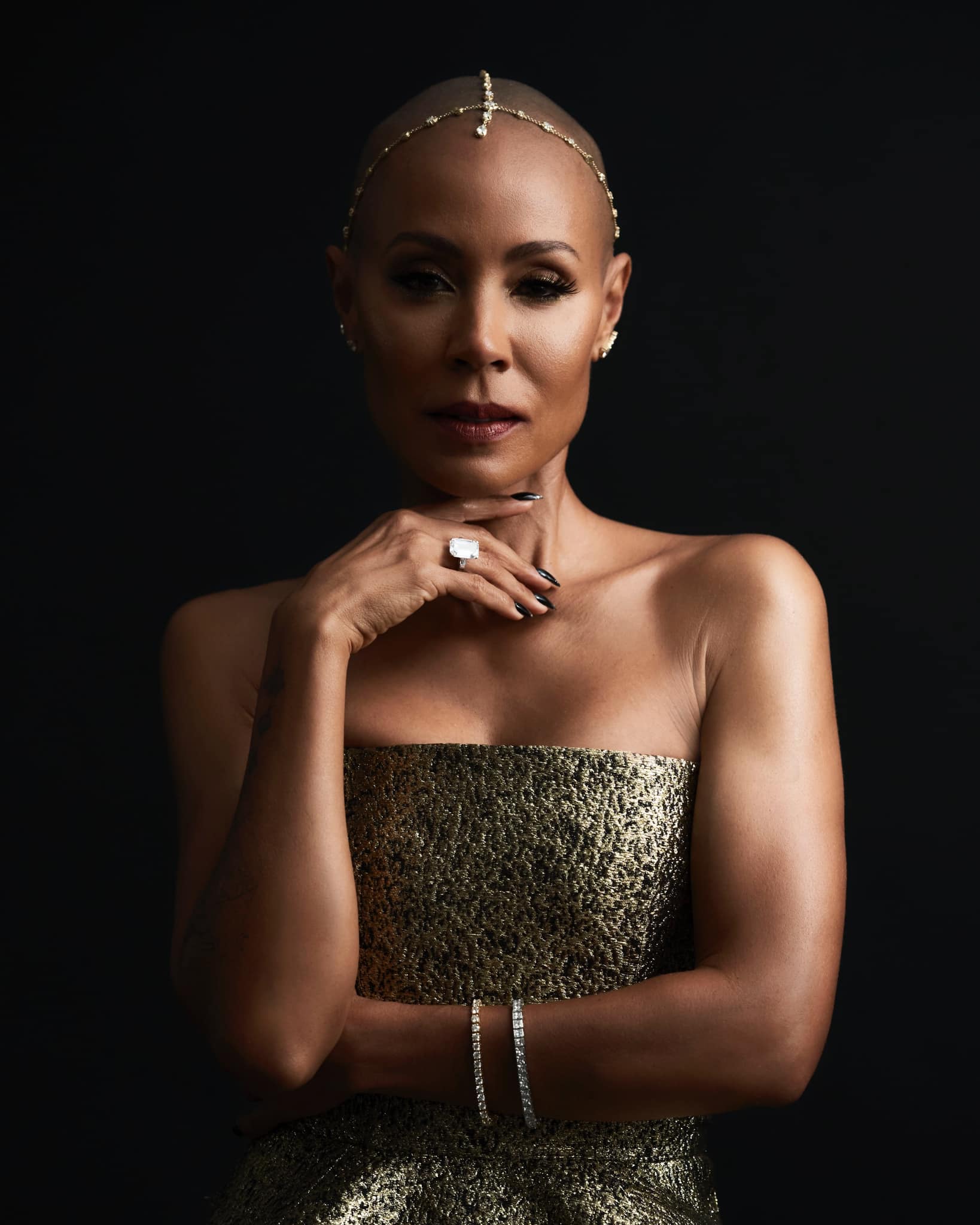
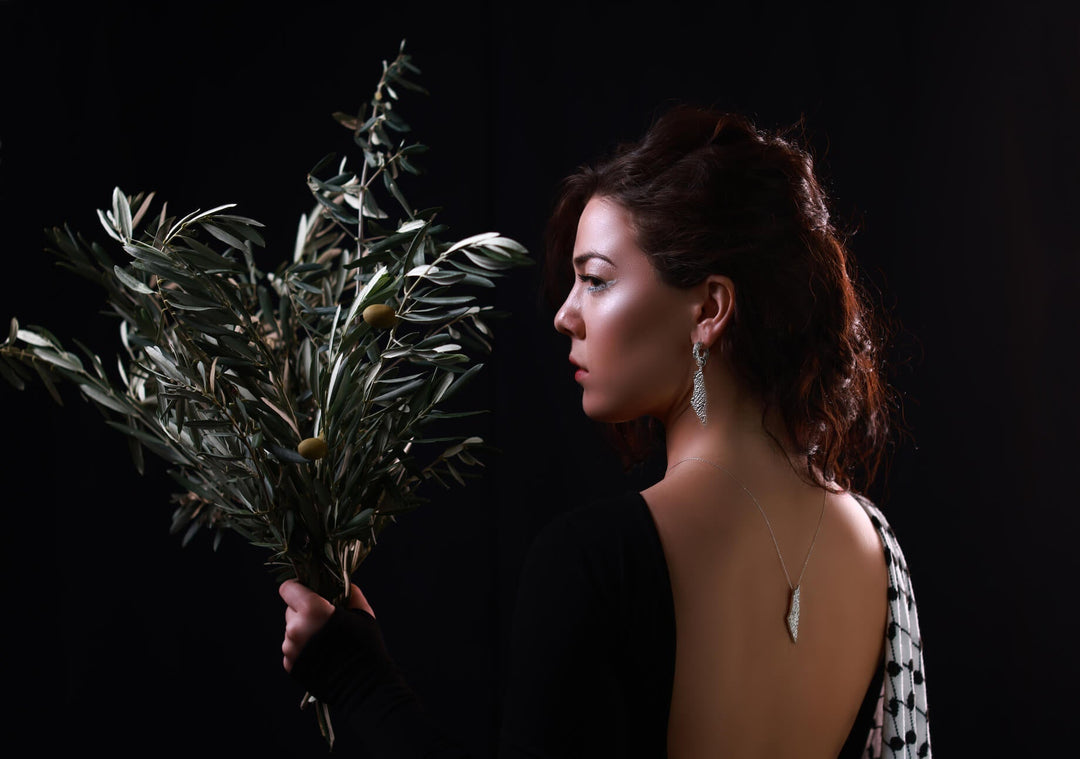
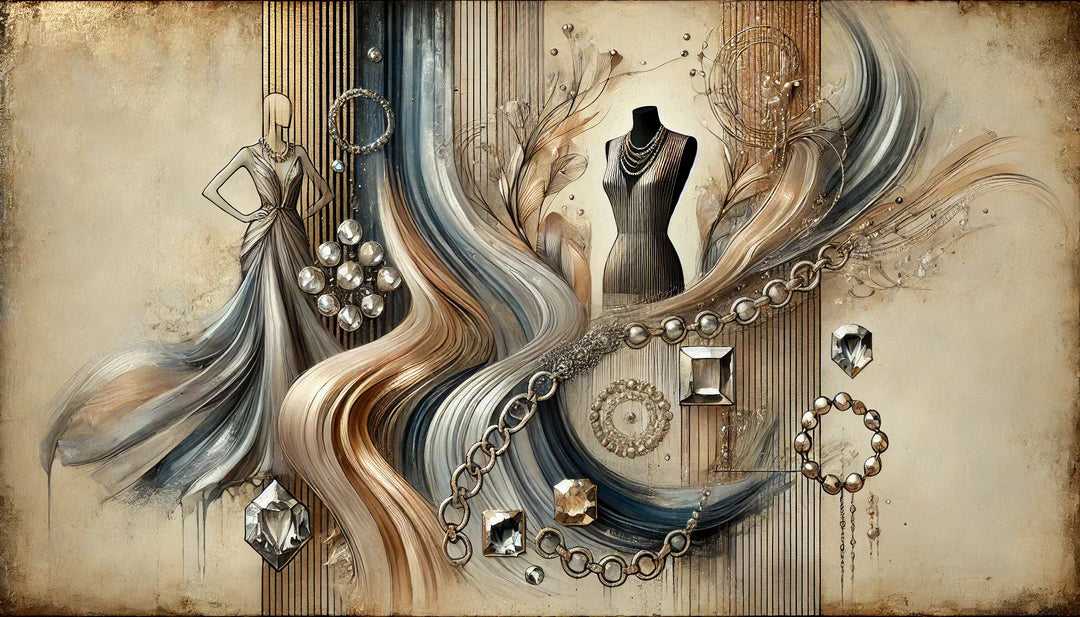
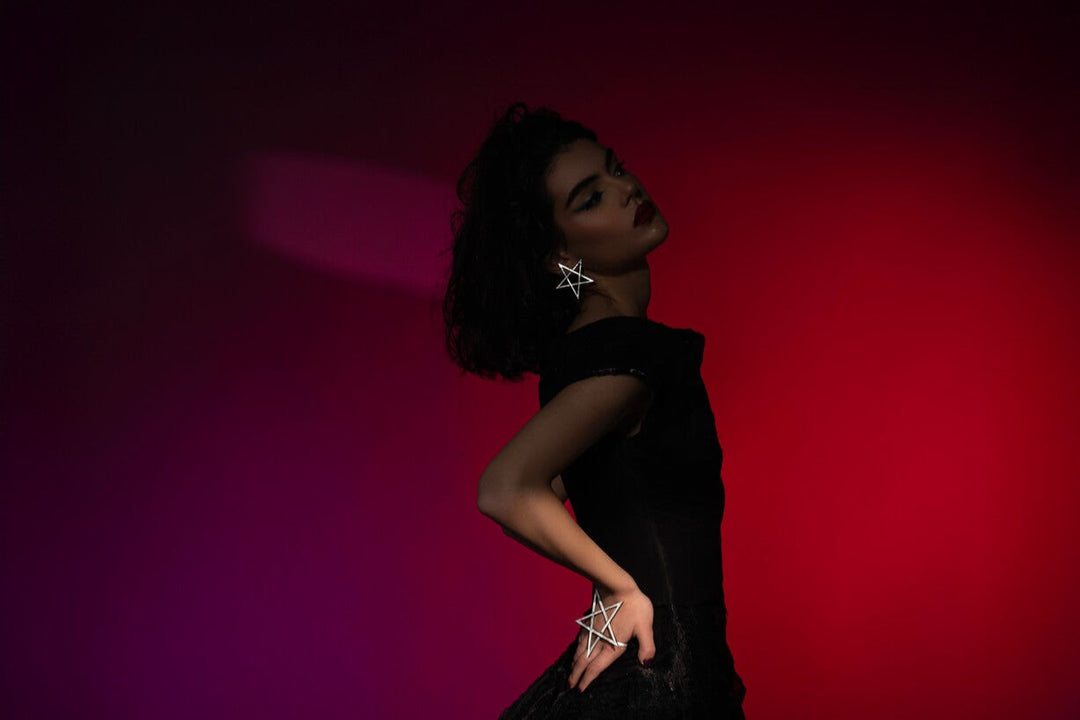
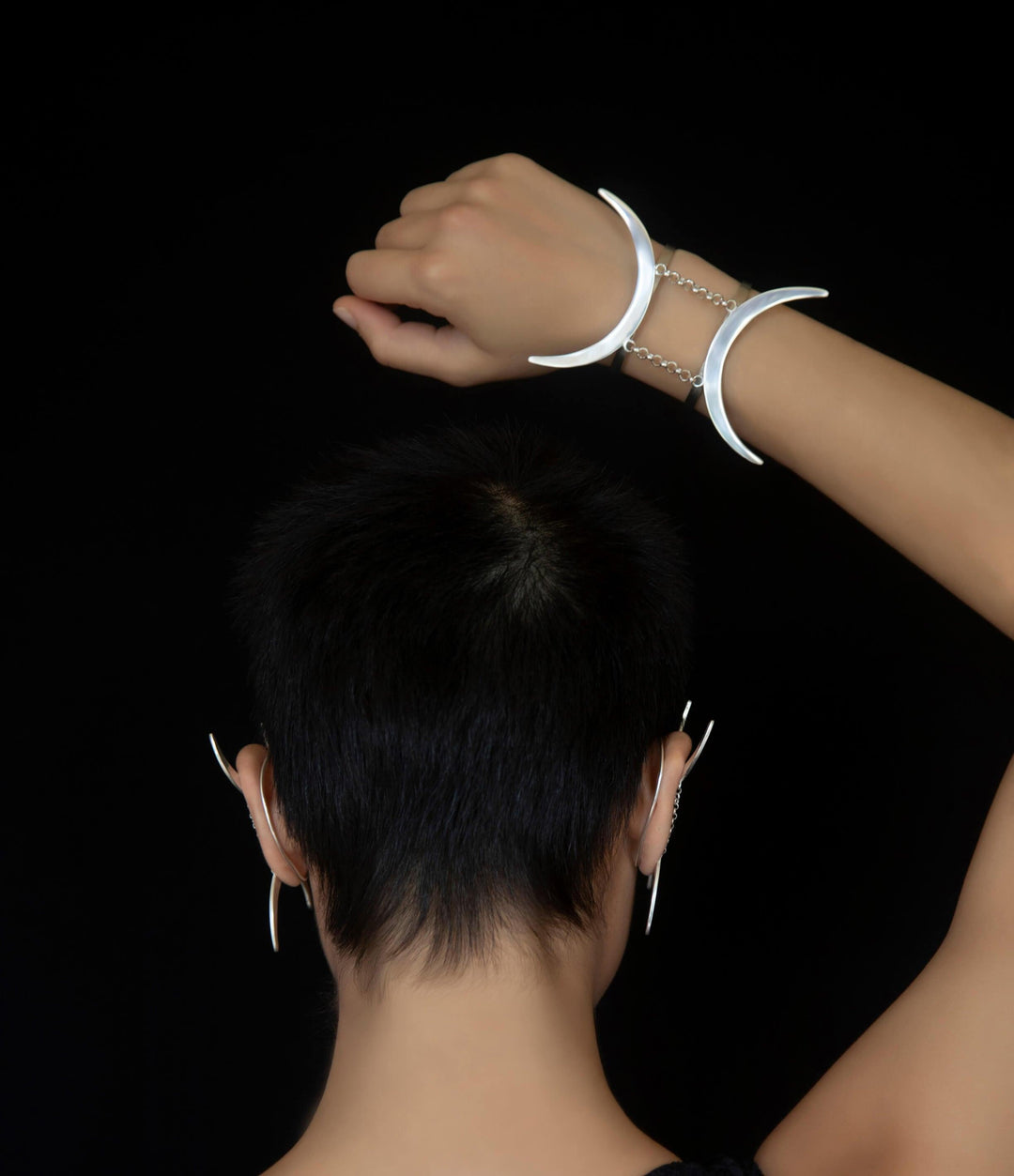
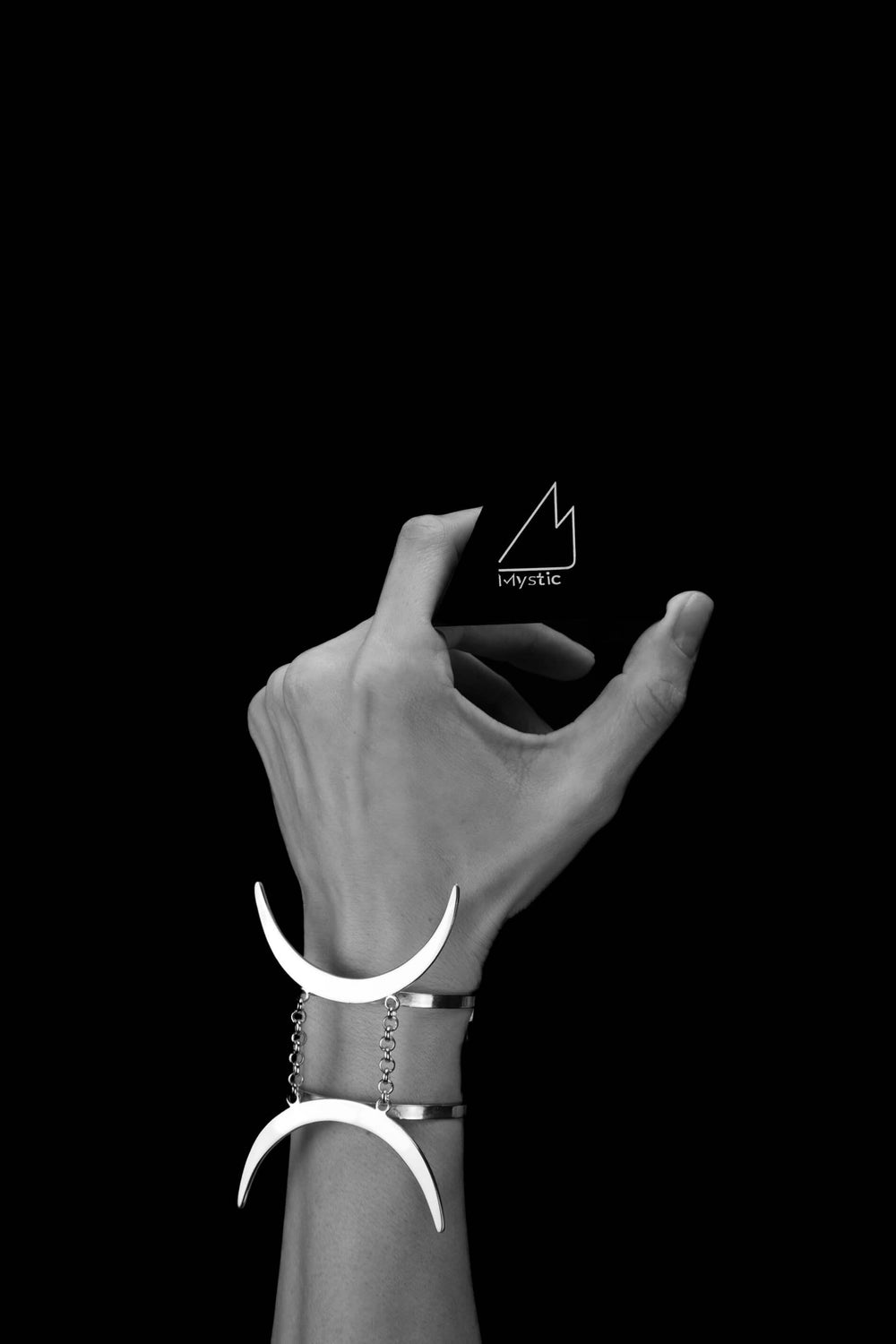
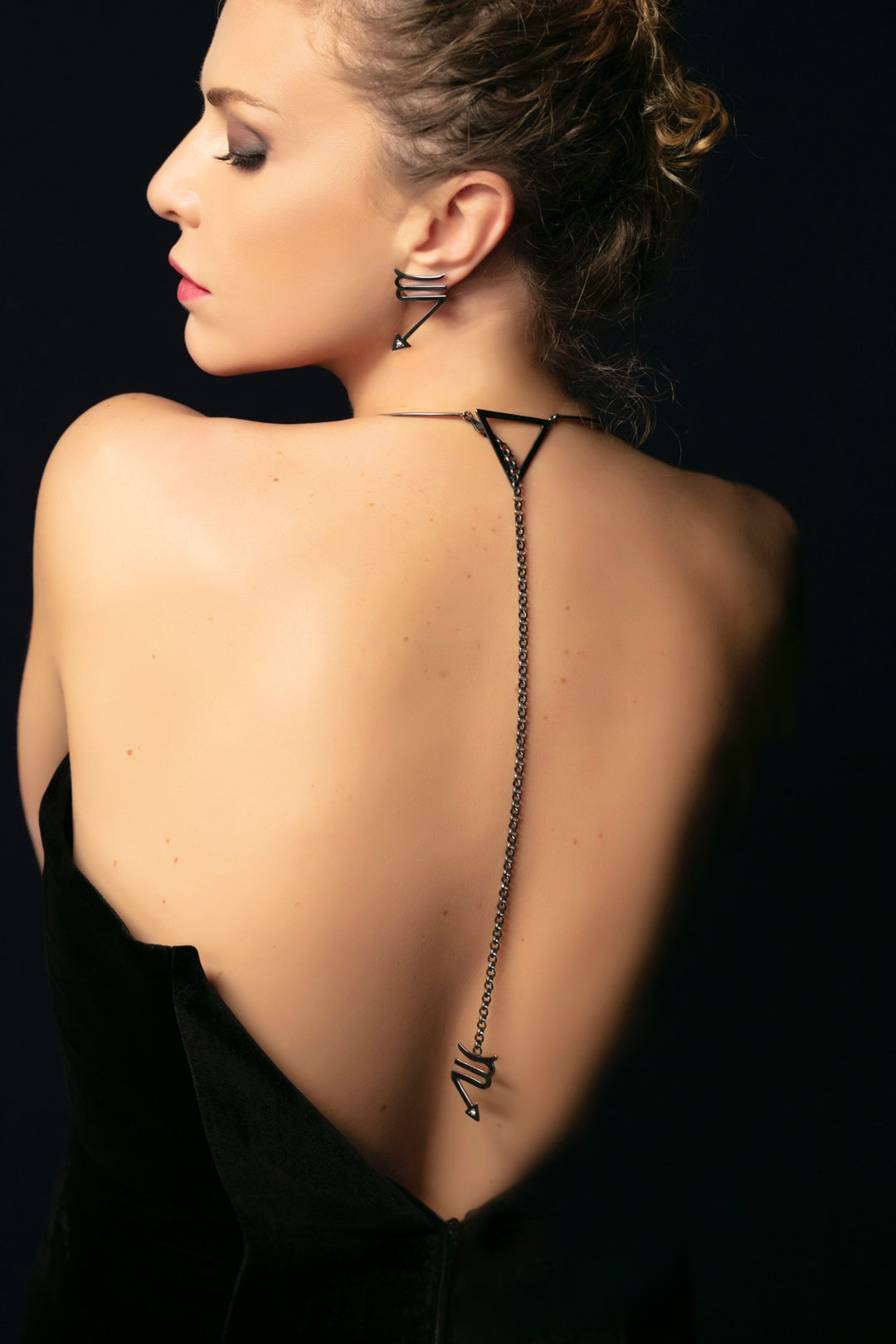
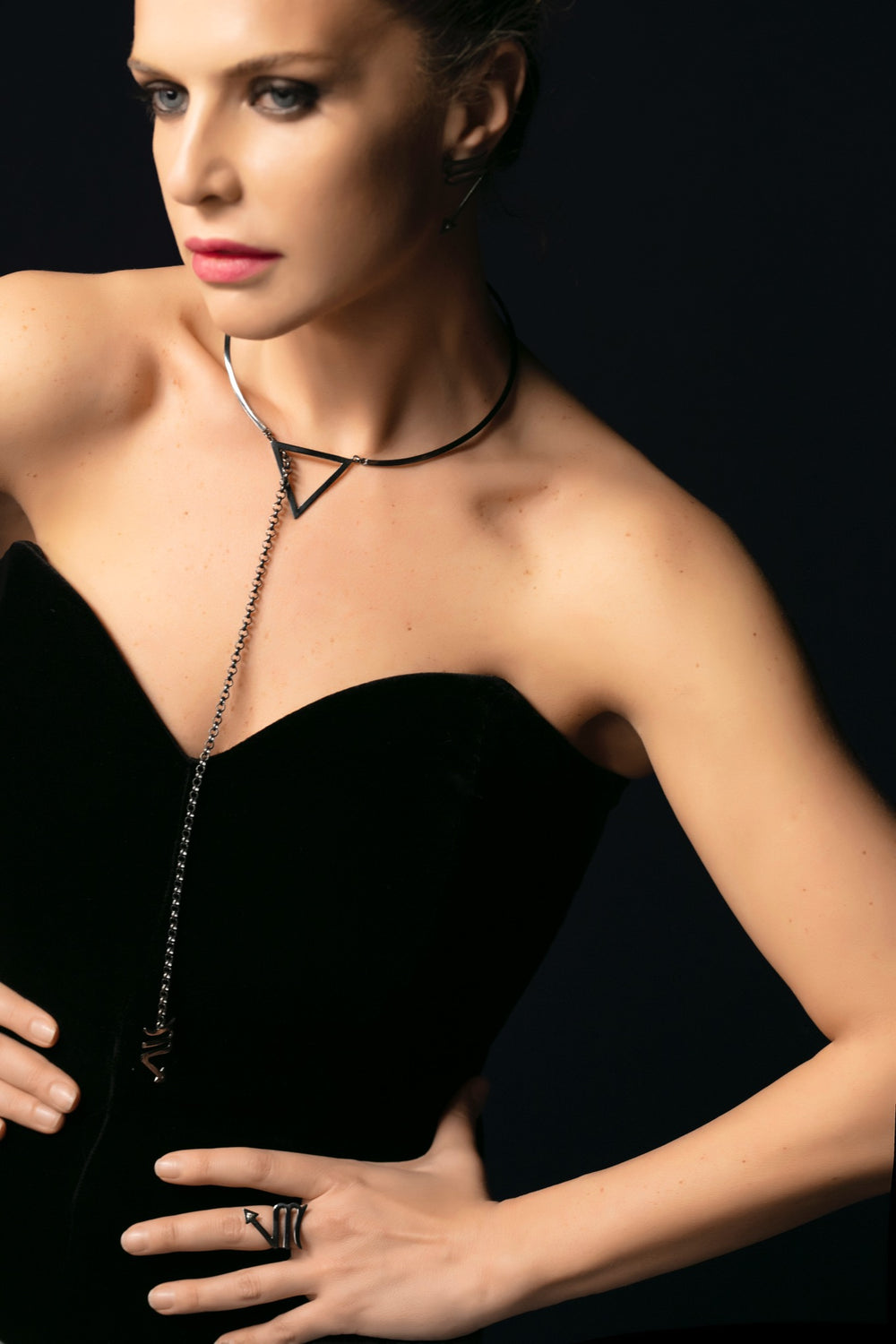
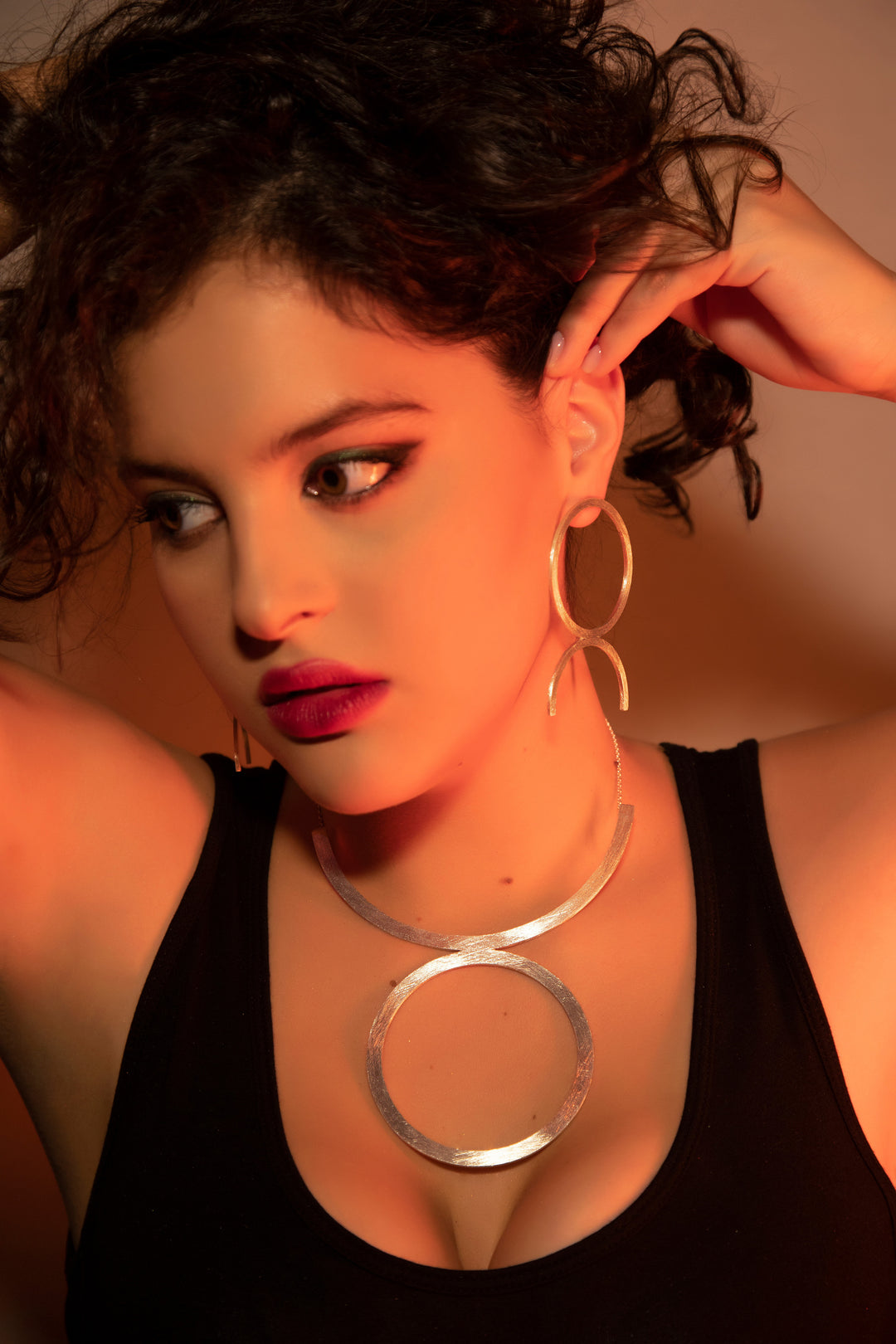
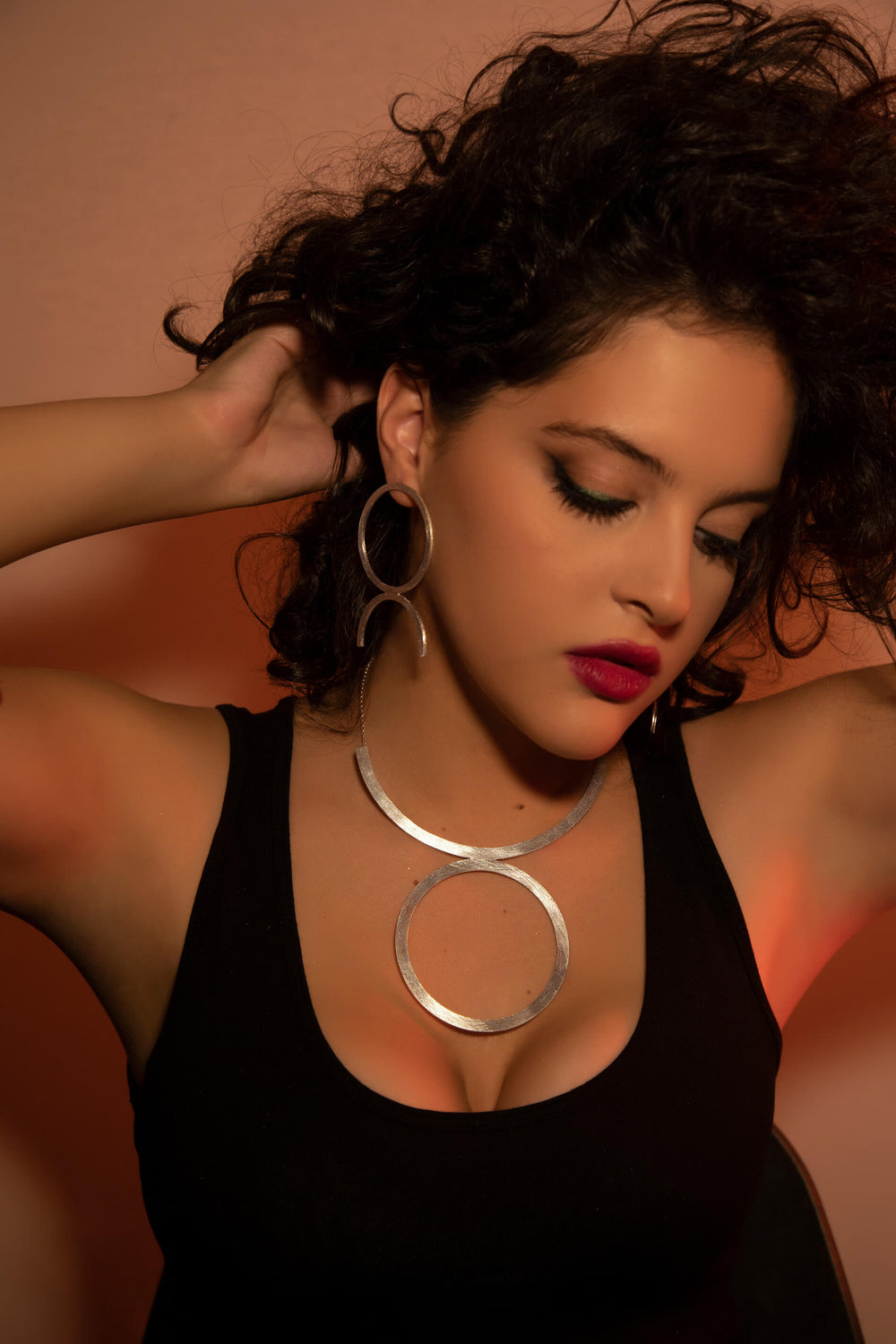
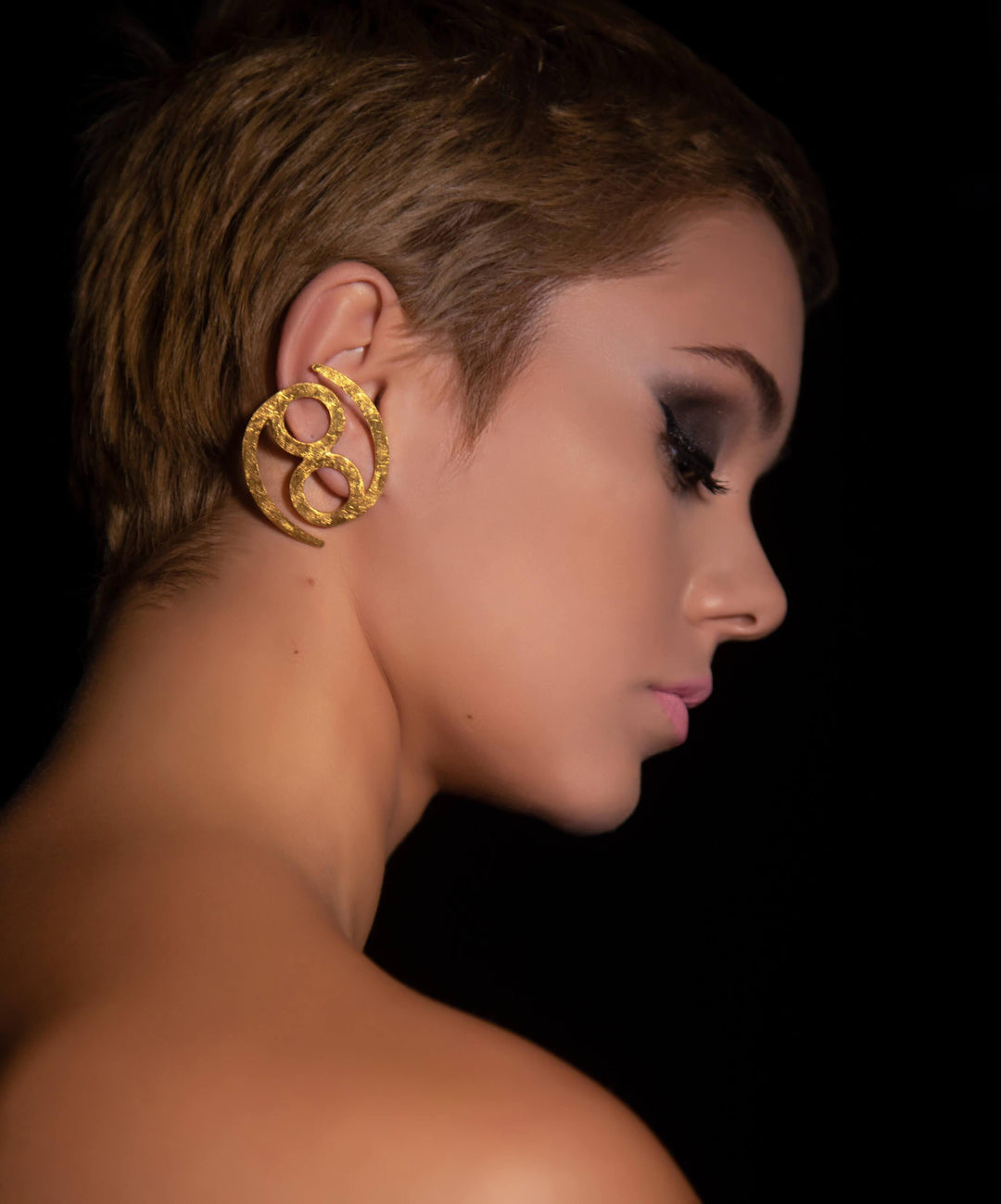
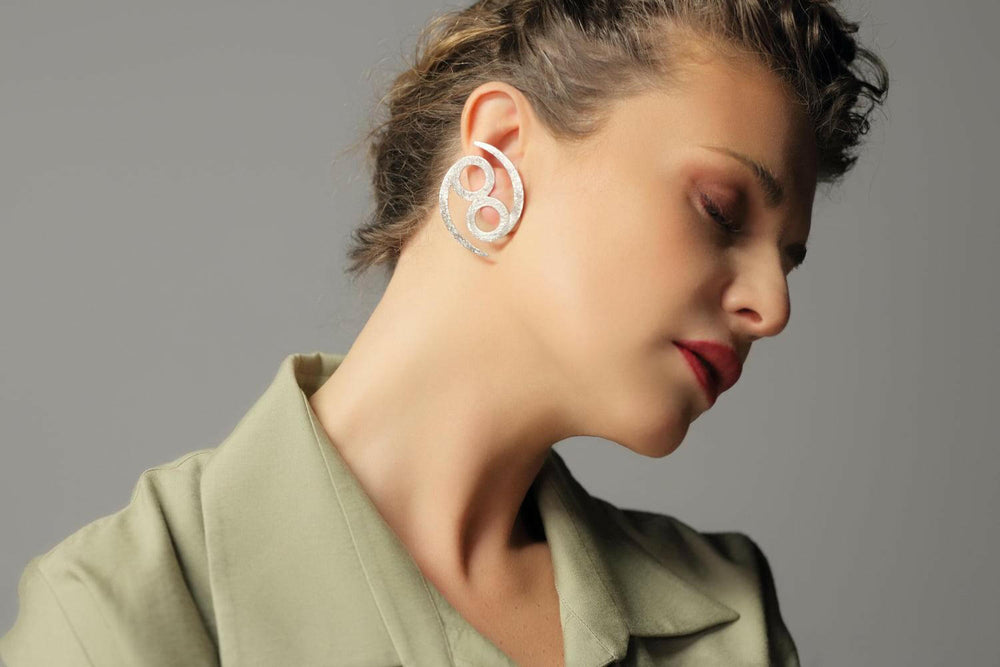
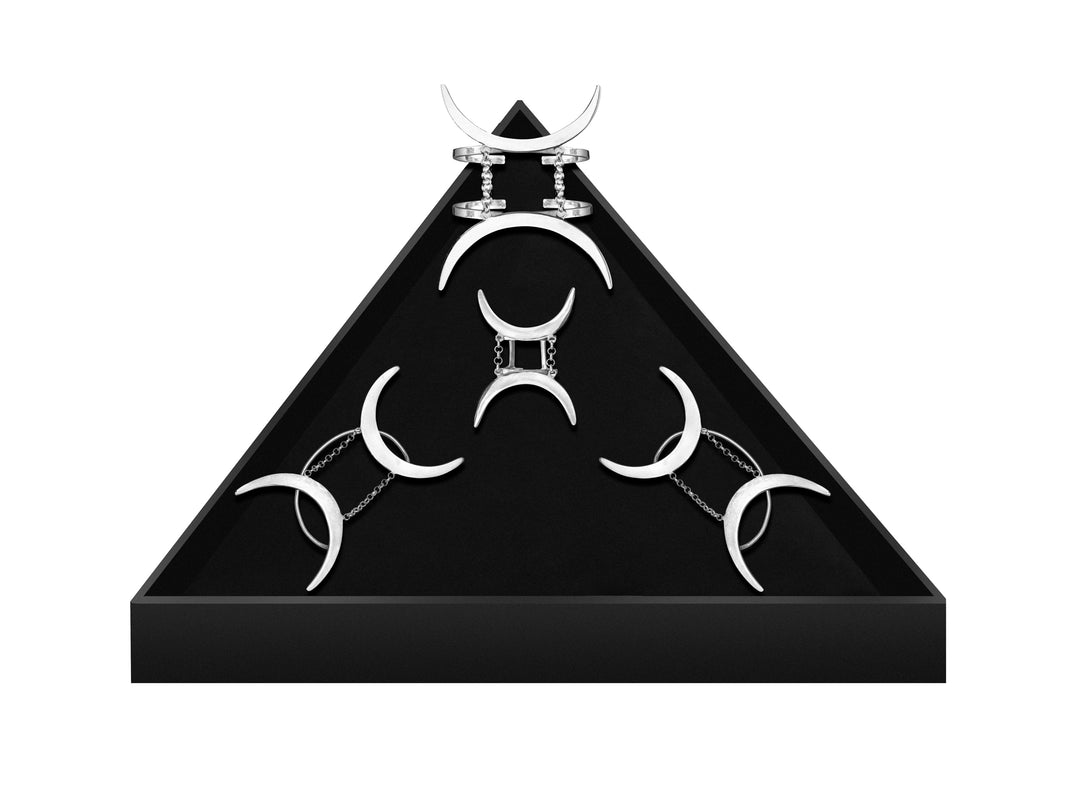
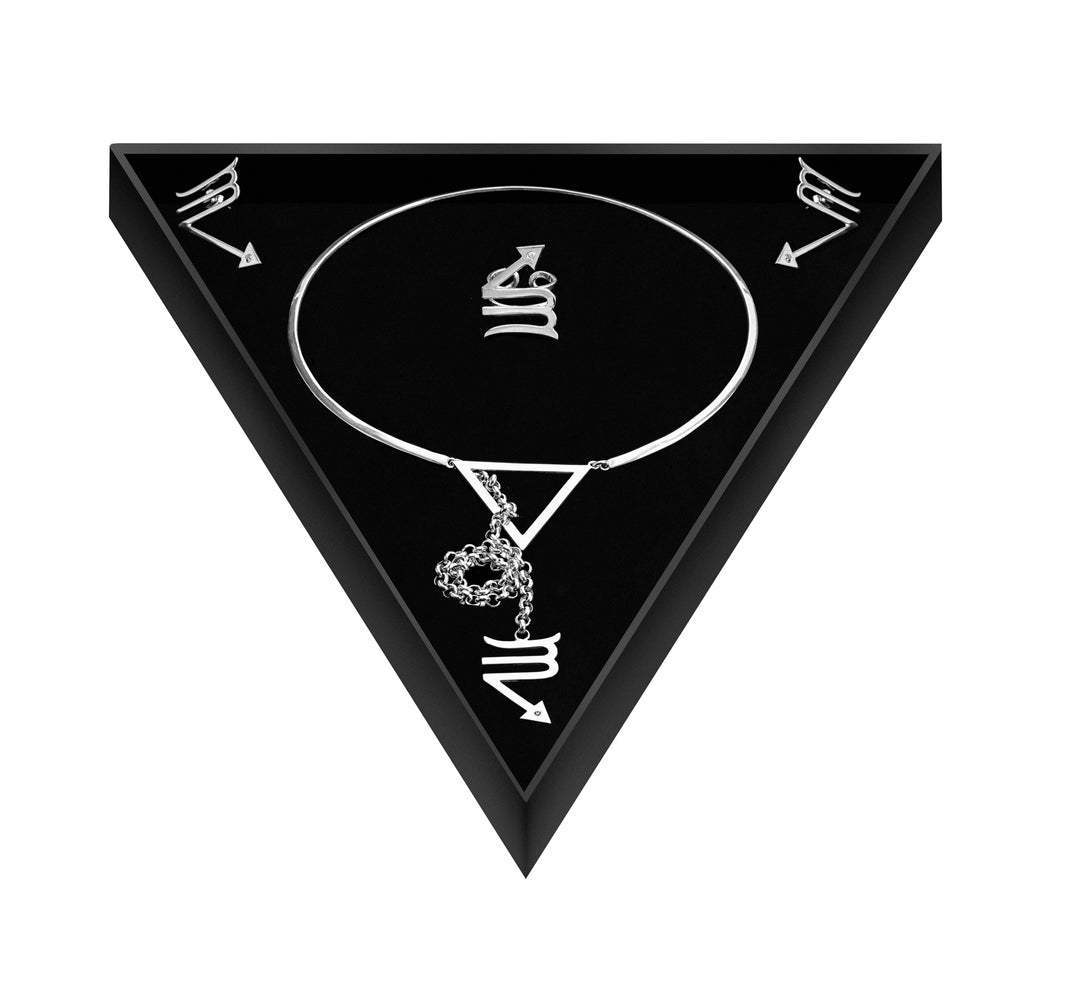
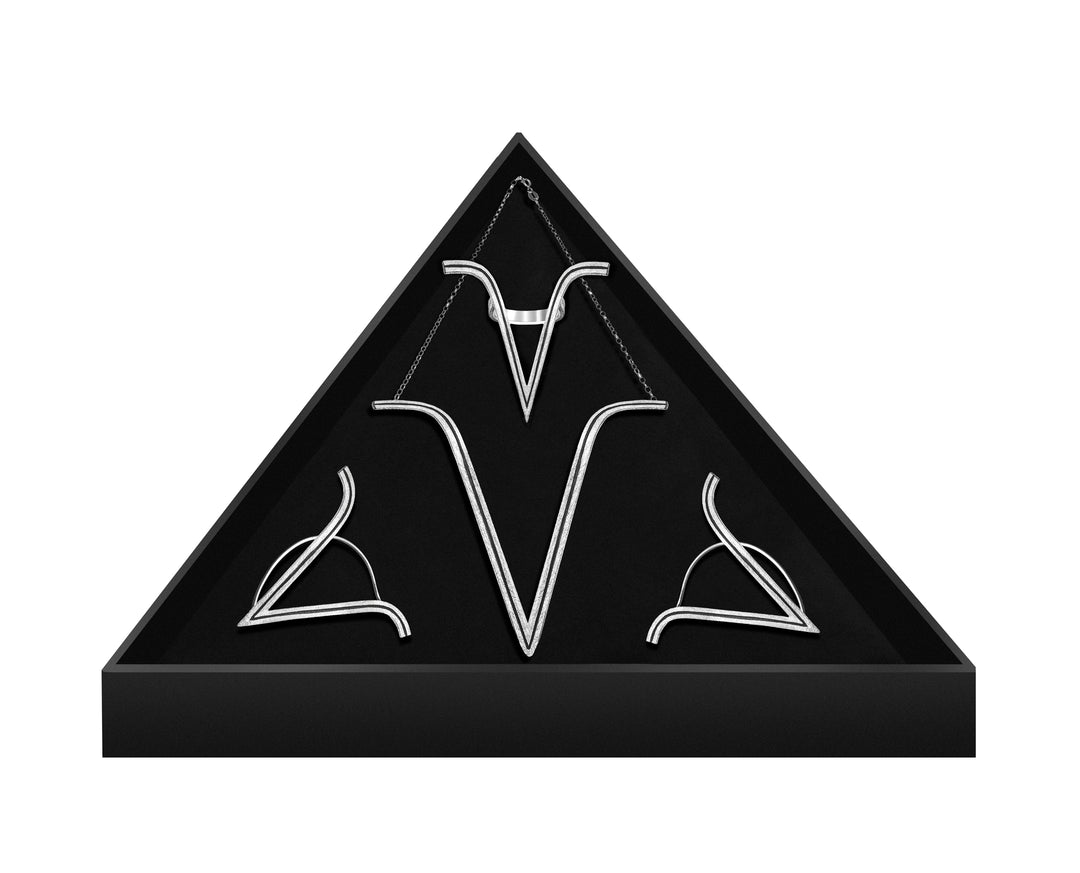
Leave a comment